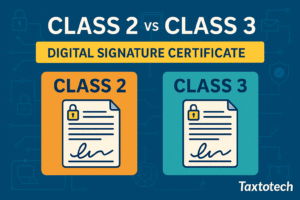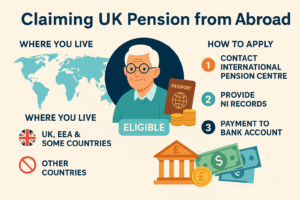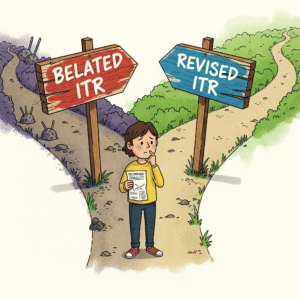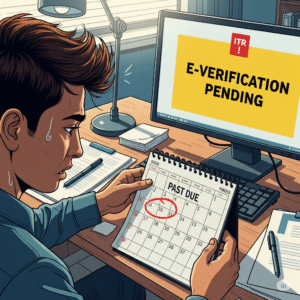Permalink: /data-privacy-laws-2025-digital-business-guide
Meta Description: Data privacy laws in 2025 are reshaping online business. Learn how to stay compliant and protect your users globally.
Focus Keyword: data privacy laws 2025
Related Keywords: global data protection, GDPR 2025, India Digital Personal Data Protection Act, privacy compliance tools, data governance
👋 Hello Taxtotech Readers
In an AI-first world, data is currency, and in 2025, the regulators have caught up. Governments around the globe have launched stricter data privacy laws targeting how businesses collect, store, and use personal data.
Whether you’re a fintech startup, a freelancer running ads, or a blogger with cookies enabled, this article will help you stay compliant and avoid massive fines.
Let’s explore what changed in 2025 — and what your business must do about it.
📜 What Are Data Privacy Laws?
Data privacy laws regulate how companies:
- Collect user data (emails, location, IP, etc.)
- Use it for ads, personalization, or analytics
- Store or share it with third parties
- Respond to data deletion and access requests
Non-compliance leads to penalties up to 4% of global revenue (like under GDPR).
🌍 Key Global Data Privacy Laws in 2025
| Region | Law Name | Key Highlights |
|---|---|---|
| 🇪🇺 European Union | GDPR 2025 Update | AI consent, stricter cookie banners |
| 🇺🇸 USA | American Data Privacy Protection Act (ADPPA) | National regulation replacing state laws |
| 🇮🇳 India | DPDP Act 2023 (enforced 2025) | Covers sensitive personal data, cross-border rules |
| 🌐 Global | ISO/IEC 27560 | Standard for AI data governance |
🔍 India’s Digital Personal Data Protection (DPDP) Act – What Changed?
India’s law in 2025 enforces:
- Explicit user consent for any data collection
- Fines up to ₹250 Cr for breaches
- Obligation to delete user data upon request
- Data localization rules for critical personal data
If your business uses tools like Google Analytics, Facebook Pixel, or ChatGPT APIs, you must show clear consent banners and handle opt-outs.
⚠️ Top Privacy Pitfalls Digital Businesses Must Avoid (H2)
- ❌ Collecting emails without opt-in
- ❌ Using third-party tools without user consent
- ❌ Not offering a delete-data request link
- ❌ Misconfigured cookie banners
- ❌ Ignoring data breach reporting timelines
🛡 Privacy Compliance Checklist for 2025
| Step | Action |
|---|---|
| ✅ Privacy Policy | Must be updated with AI/data use cases |
| ✅ Cookie Banner | Use tools like CookieYes or Termly |
| ✅ Consent Logs | Record proof of every consent action |
| ✅ Data Request Portal | Allow deletion and correction requests |
| ✅ International Transfers | Use Standard Contractual Clauses (SCCs) |
🔧 Tools to Make You Compliant
| Tool | Purpose |
|---|---|
| Cookiebot | Consent management & EU compliance |
| Termly | Privacy + Terms policy generator |
| DPDP.io (India) | DPDP Act compliance for startups |
| OneTrust | Enterprise-level data governance |
| Simple Analytics | Privacy-first alternative to Google Analytics |
🤖 AI & Data Privacy: New Challenges
AI-powered tools like ChatGPT, Gemini, and Bard now require:
- Consent before collecting prompts containing personal data
- Clear data use disclosure (training vs inference)
- The option for users to request deletion of their data traces
This is especially important for businesses using AI chatbots or content generation tools.
❓ FAQs
Q: Do I need a privacy policy if I only run a blog?
👉 Yes. If you’re collecting cookies, emails, or analytics, you’re required to have one.
Q: What if I use ChatGPT on my website?
👉 You must disclose AI usage, ask for consent, and comply with data retention norms.
Q: What’s the penalty under India’s DPDP law?
👉 Fines can go up to ₹250 crore depending on the nature of the breach.
📍 Final Thoughts for Taxtotech Viewers
2025 is a turning point for online data rights. The age of “collect everything” is over.
Today’s businesses — small or big — must be privacy-first to survive and build trust.
✅ Make sure your site is compliant.
✅ Educate your team.
✅ Use the right tools.
Check out taxtotech.com for compliance tools, legal templates, and AI+tax insights that help you grow without risk.

















